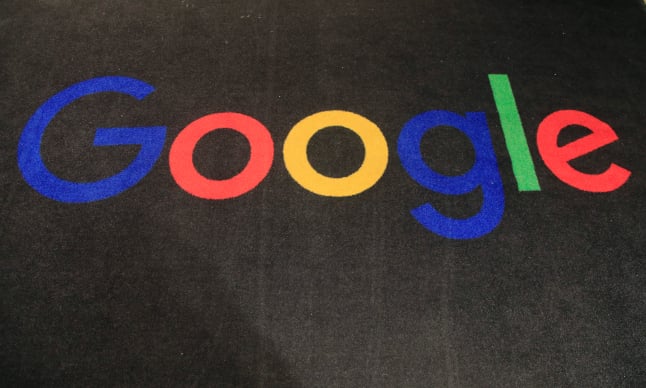PriceRunner said on Monday it was suing tech giant Google for 2.1 billion euros ($2.4 billion) for promoting its own shopping comparisons in search results.
Europe has cracked down on the business practices of Big Tech in recent years, while the EU is moving forward with legislation to tighten regulation.
US behemoths are facing facing fines and legal challenges in many European nations.
The Swedish tech startup said it expected the “final damages amount of the lawsuit to be significantly higher”, given that “the violation is still ongoing”.
Chief executive Mikael Lindahl said the lawsuit was also a fight “for consumers who have suffered tremendously from Google’s infringement of the competition law for the past fourteen years and still today”.
The Swedish tech startup filed its suit with the Patent and Market Court in Stockholm after the European Union General Court ruled that Google “breached EU antitrust laws by manipulating search results in favour of their own comparison shopping services”.
In November, the EU court upheld a 2.4-billion-euro fine the European Commission had slapped on Google in 2017, saying results from Google’s own comparison service were “displayed in a more eye-catching manner”.
PriceRunner said it was seeking damages for profits it lost in Britain since 2008 as well as in Sweden and Denmark since 2013.
PriceRunner said Google had a “monopoly-like position” within the European Economic Area (EU plus Iceland, Liechtenstein and Norway), with over 90 percent of the market share for internet search engines.
The price comparison site is based in Sweden but also operates in Denmark, Norway and the UK. It has previously said it plans to expand to more countries.
In November, Swedish fintech Klarna bought PriceRunner for an undisclosed sum, with media reports putting the price at over $1 billion.



 Please whitelist us to continue reading.
Please whitelist us to continue reading.
Many of us in the US hope you win! Google has been manipulating the system for far too long.